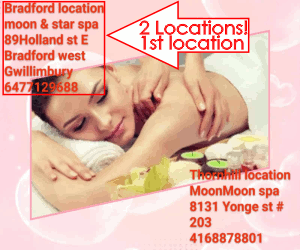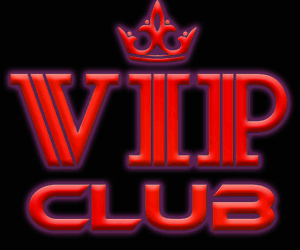A
Antonia Noori Farzan
Guest

Nick Parker, an owner of the Franklin Spa, knows what's coming when a diner finishes their pancakes and tells him they have a question.
"Why is it called a spa?"
It's a fair question: The long-standing Newport institution is where you go for a chourico, egg and cheese sandwich, not a foot massage. And the same thing could be asked about Van's Spa in Bristol, a cash-only diner whose walls are covered in newspaper clippings and memorabilia.
This week, What and Why RI has the answer.
In short: The old-school diners have distant roots in the spa culture of the 19th century, though you'd never guess it from the bacon and hash browns on their menus.
From resorts to soda fountains: The shifting meaning of 'spa'
In Massachusetts, you can find any number of "spas" that don't offer facials and foot scrubs – including convenience stores, liquor stores and pizza parlors.
Those businesses' names are likely a holdover from a previous era, when they had soda fountains, according to WGBH.
To back up: In the 1800s, going to the spa meant traveling to far-flung locales with mineral springs believed to have health-giving properties. By the end of the 19th century, those waters were being bottled and sold all over the country.
Meanwhile, artificially carbonated beverages also took off in popularity, aided by dubious health claims. Soda fountains started popping up in major cities.
One of the most successful was Thompson's Spa in Boston, which opened amid the temperance movement in the 1880s and was designed as an alternative to saloons. It became widely celebrated for its food, serving upwards of 10,000 people a day in 1916.
According to the website Drinking Folk, Thompson's inspired countless imitators to call themselves "spas," which came to be broadly synonymous with soda fountains and lunch counters.
By 1897, the term had made its way to Rhode Island: The Westerly Daily Sun reported that the public could expect "a cool and refreshing welcome" at the newly opened Williams' Spa, home to an ice cream parlor, soda fountain and candy counter.
Businesses evolved, but the name stuck
The unusual use of the word "spa" doesn't appear to have spread beyond New England, but it remained prevalent here until well into the 20th century. An ad that appeared in The Providence Journal in 1963, listing the stores where Dubble Bubble gum was for sale, mentioned 52 "spas" scattered around the state.
By then, the typical "spa" was an old-fashioned drugstore or variety store where you could order lunch or a soda at the counter. In the decades that followed, that business model became obsolete.
In the Boston area, many of the surviving spas became convenience stores. In Rhode Island, they largely became diners.
The Franklin Spa, for instance, used to be a pharmacy and convenience store that also cooked food on a small grill, according to Parker and his partner, Brittany Thomas, who purchased the diner last year. They recently found an old sign tucked by the fridge, advertising groceries, newspapers, cigarettes, fresh turkey, breakfast and lunch.
Similarly, Van's Spa once sold magazines and candy along with light lunches and fountain drinks, according to ads that appeared in the Bristol Phoenix in the 1950s. But by the 1990s, it was exclusively a restaurant, the paper's archives indicate.
A recipe for confusion
Thomas worked at the Franklin Spa for 12 years before she and Parker took over, and she fielded plenty of phone calls asking, "What kind of massages do you offer?"
That's become less common, she said – perhaps because you can now easily look up the Franklin Spa on the internet and see that it's not that kind of spa.
But the name continues to perplex out-of-towners.
"It's fun to sit inside the restaurant, watching tourists and people walk by," Thomas said. She can see them say the name out loud, then look at the chalkboards advertising omelette and French toast specials, growing increasingly confused.
Last winter, a bare-faced woman came in and ordered an avocado toast. After she finished eating, she confessed that she'd come into the spa hoping to get a facial.
"She didn't know what to do," Thomas said. "So she had a second breakfast."

























































































